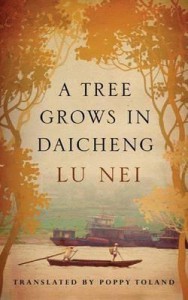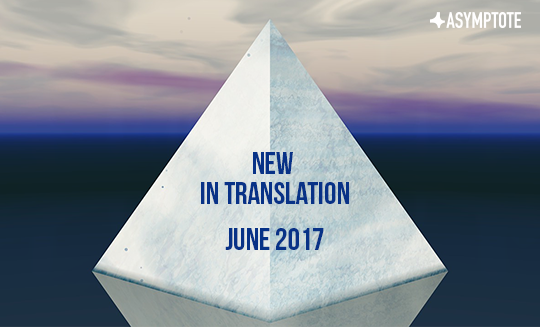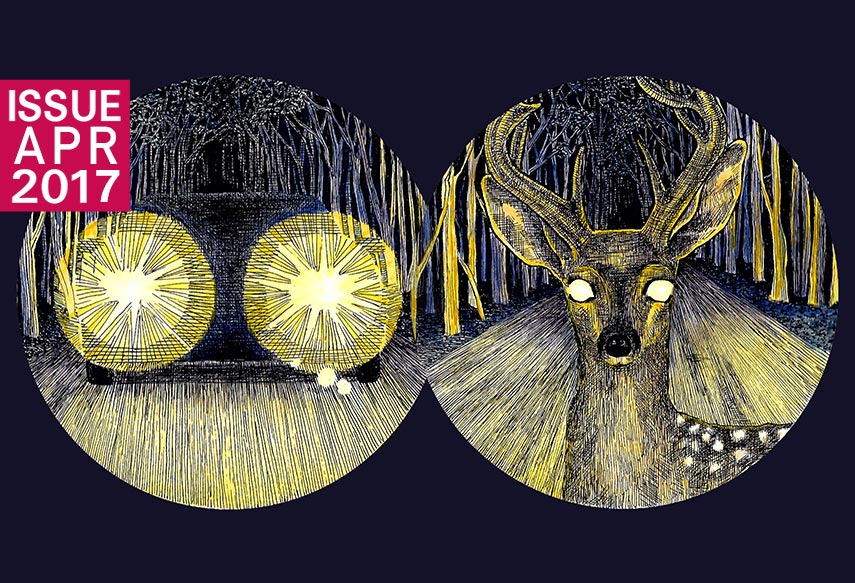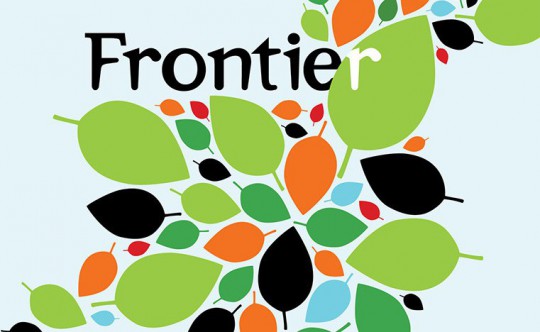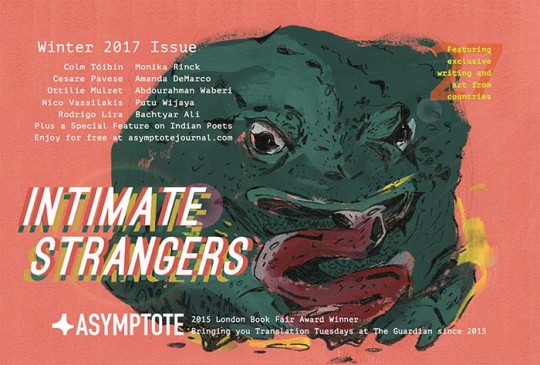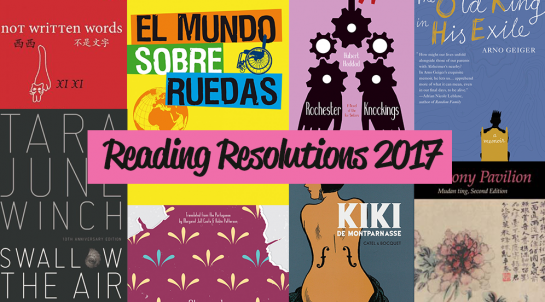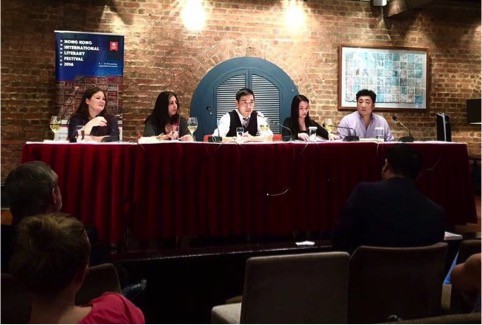This week brings us the latest, most exciting news from Austria, Taiwan and the United States. Contributor Flora Brandl gives us a taste of what Austria’s literary festivals have in store for us; Editor-at-Large Vivian Szu-Chin Chih shares the wonderful news about same-sex marriage in Taiwan and its connection with literature; Educational Arm Assistant Reverie Powell serves up some fantastic and diverse performances taking place in the United States.
Contributor Flora Brandl reporting from Austria:
In Salzburg, the city’s annual literature festival took place this May. Among its most renowned guests were the actor Bruno Ganz, who read excerpts from the deceased Swiss author Robert Walser, and the Salzburg-based, Georg Büchner Preis-winning author Walter Kappacher, who read some of his own unpublished fragments. Other authors featured in the five-day festival were Kirsten Fuchs, Nico Bleutge and Franz Schuh.
In Vienna, the multicultural and interdisciplinary art festival Wiener Festwochen is currently showcasing a number of performances, theatre productions, installations and exhibitions. With this year’s overarching theme of diversity, most works dedicate themselves to pertinent contemporary issues such as postcolonialism and global conflict. The play Während ich wartete (‘While I Was Waiting’, performed in Arabic with English subtitles), by the Syrian director Omar Abusaada and dramatist Mohammad Al Attar, portrays the story of a family as it comes to reflect larger military, political, cultural and generational conflict in Syria. The production has been touring Europe for a year, albeit with a heavily alternating cast: some actors had not yet completed their own asylum processes and were lacking the necessary papers to perform.
The 48-hour performance by Spanish artist Santiago Sierra was also showcased at the Wiener Festwochen. Bearing one of Sierra’s characteristically self-revealing titles, his performance The Names of those Killed in the Syrian Conflict, between 15th of March 2011 and 31st of December 2016 aims to attach individual identities to the many nameless war victims of those images that circulate in our media. Researched by a team of Brazilian academics, Sierra’s reading of names (accompanied by images projected to a wall) toured Tel Aviv, Vienna, London and Buenos Aires. The performance was accessible not only to a number of local spectators, but also to virtual audiences around the globe who were following it online, ensuring that the humanitarian toll taken on the Syrian population is neither overlooked nor forgotten.
Vivian Szu-Chin Chih, Editor-at-Large, reports from Taiwan:
May 24 marked a milestone in Taiwan: the Constitutional Court ruled that the constitution should serve to protect the rights for same-sex marriage. This unprecedented and long-awaited decision has made Taiwan the first Asian country to legalize same-sex marriage. Taiwan’s fight for the legalization of same-sex marriage has lasted for decades and has taken an arduous journey, one which has been reflected through the country’s literature. Last Words from Montmartre, a novel composed by the notable Taiwanese lesbian writer, Chiu Miao-Jin, who took her own life at the age of twenty-six, as well as Pai Hsien-Yung’s fiction depicting the condition of gays in Taipei in the 1960s, Crystal Boys, are again being widely reread and discussed.
From the last Saturday of May until early July, Prof. Li-Chuan Ou of the Department of Chinese Literature in National Taiwan University will be speaking about Chinese Tang poets and classical Chinese poetry at Kishu An. On June 17, the two Taiwanese doctors under forty will give a joint talk on how they have been striking a balance between their vocations and passion towards writing, together with the everyday realities they face in hospital that have been recorded through their writing. Kishu An will also host an exhibition and a series of related talks to pay tribute to the great Chinese writer, publisher, and translator, Ba Jin, starting from mid-June.
From mid-May to July, the winners of 2016 Taiwan Literature Award are touring around the island to share their experiences of writing. The themes of their speeches span from restoring Taiwanese history through historical novels, to aboriginal poetry about the natural landscapes of Taiwan to the world, to silencing and violence in theatre.
Reverie Powell, Educational Arm Assistant, reports from the United States:
Wordspace in conjunction with the South Dallas Cultural Center, presented poet, performer, and librettist, Douglas Kearney on May 25 in the third season of the reading series, African Diaspora: New Dialogues . Much like the Sankofa, a bird that simultaneously looks backward and forward, Kearney embeds the past, present, and future of African Americans into his work exploring themes important to African Americans such as the reality of being threatened and being ‘threatening’ as well as the historical pressure to ‘signify’ one’s identity. Kearney samples hip hop lyrics, rewrites the myth of Stagger Lee, who kills Bill Lyons for stomping on his sometimes magical, sometimes expensive hat, and sentences him to twelve Herakles-like labors.
Additionally, Dallas’s Mark David Noble is “listening to the arts community” with his new podcast, Wordwire, which broadcasts local performances and interviews giving listeners inside peeks at various authors’ creative processes from inception to delivery.
****
Read More News:
